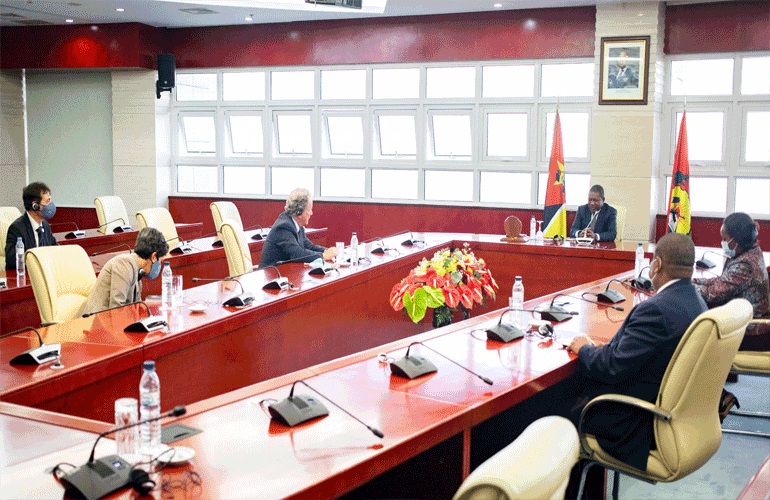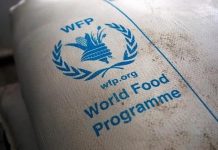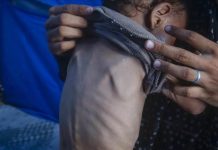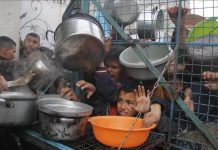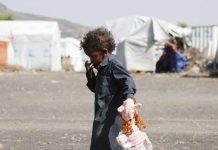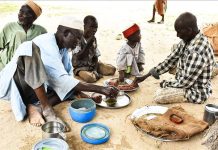AfricaPress-mozambique: Executive Director of the World Food Programme David Beasley said, at the end of a meeting with President Filipe Nyusi, that the WFP would increase humanitarian aid to Mozambique to levels to be determined after an assessment visit to Cabo Delgado
Beasley, O País reports, revealed that the WFP was already providing humanitarian assistance to nearly two million people, 700,000 of them victims of terrorism displaced in the northern provinces of the country.
“We want to reach over 1.2 million people, because Mozambique, like other countries, is devastated, and not only by the insurgency. There are cyclones, climate change, bad weather and drug trafficking… . There are several other situations, and we are here to help Mozambique move forward,” Beasley said.
The increased level of support will be revealed after a visit to Cabo Delgado scheduled for this Tuesday (15 June), but, regardless, “we are working with the World Bank and the Government of Mozambique to maximise our projects and the success of humanitarian aid,” Beasley promised.
The government was not represented at the press conference and the WFP was not accepting follow-up questions.
In addition to the meeting with the head of state, Director Beasley met other members of the government, including Minister of Foreign Affairs and Cooperation, Verónica Macamo.
The visit by the WFP chief comes some six months after the organization complained of a lack of resources for humanitarian aid to victims of the armed insurgency in Cabo Delgado.
At that time, humanitarian operations were facing a shortfall US$108 million, and the number of people forced from their homes had risen to 565,000, according to the Mozambican government. The WFP said 400,000 of these were under threat of hunger and chronic malnutrition.
The optimistic posture presented by Director Beasley this Monday stimulates hope of better days for those forced to leave their homes.
Another such glimmer of hope came a week ago, when Regional Director of the United Nations Children’s Fund (UNICEF), Mohamed Fall, visited Mozambique and promised to increase support for child victims of the insurgency in Cabo Delgado from US$51 million to US$90 million. The conflict has left thousands of children orphaned or separated from their families.
Mohamed Fall, like David Beasley, also visited Cabo Delgado, but information about the conclusions drawn by UNICEF have so far not been released.
Both the WFP and UNICEF, as well as other United Nations agencies, urge the reconstruction of Cabo Delgado with the building of infrastructure, creation of new jobs, schools and other ways that foster a “new man” inured to the lure of terrorism.
The humanitarian situation in Cabo Delgado worsened after the 24 March attacks in Palma. Some reports indicate that, although less aggressive, attacks continue in the Vila de Palma, which is causing Pemba to continue to receive IDPs looking for safe places that tend to become scarce.
Reports arrive indicating that the residents of the Paquitequete neighbourhood, which hosts many displaced people in the city of Pemba, up to the point of registering more than 100 people in the same house, are now preventing the permanence of “new displaced people” in that area.
Furthermore, organisations such as the Red Cross are cutting humanitarian aid to anyone not resident in a resettlement or reception centre, to avoid what it calls ‘opportunism’, a measure that could potentially mean hunger and disease for thousands of citizens fleeing terror.

